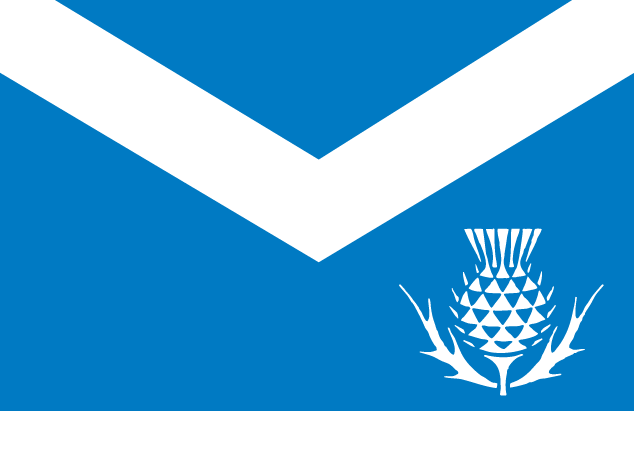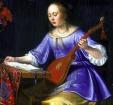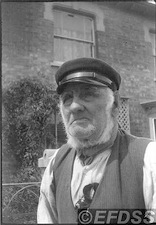Music
Scottish Music Center
<92006 5
The Scottish Music Centre is a one-stop shop for information for anyone interested in music and is home to an enormous archive of nearly 30,000 items, ranging from copies of 18th Century song-sheets and Scottish contemporary classical scores to the latest CD releases from traditional, rock, jazz and indie bands.
Visitors to the Centre can also use computers with a range of the latest music software, including Sibelius 4 and Garageband, and read a variety of specialist music publications, directories and magazines relevant to all musical styles and interests.
Add to this a seemingly endless electronic database resource and a team of experts whose enthusiasm and personal knowledge is second to none, and the result is a hub of information, offering unparalleled access to knowledge and advice about music created, performed or recorded in Scotland.
Visitors to the Centre can also use computers with a range of the latest music software, including Sibelius 4 and Garageband, and read a variety of specialist music publications, directories and magazines relevant to all musical styles and interests.
Add to this a seemingly endless electronic database resource and a team of experts whose enthusiasm and personal knowledge is second to none, and the result is a hub of information, offering unparalleled access to knowledge and advice about music created, performed or recorded in Scotland.
"Scots-L" Scottish music and culture resource pages
<92006 4
"Scots-L" Scottish Music and Culture Resource Pages
These pages are provided as a resource for anyone interested in Scottish music — whether playing, performing, listening, dancing to it, or whatever, and the culture which gives (and gave) rise to this music. If you can't find what you are looking for there, please contact Ian Brockbank, not the webmaster of this site.Richard Robinson's Tunebook
<92006 4
Richard Robinson's Tunebook
This is a collection of traditional tunes, and new tunes in traditional styles — Scots tunes, Irish tunes, Scandinavian, English, French, Balkan and more. They are available in two forms — as ABC notation, and as small black-and-white images of the written music. There are no sound recordings. The images are low-resolution (85dpi) and small (average size is around 5Kb). They are intended for on-screen use, and would be fairly ugly printed. If you want printed copy, I'd suggest using the ABC.Conrad Bladey's Beuk O' Newcassel Sangs
<92006 4
Conrad Bladey's Beuk O' Newcassel Sangs
During the last many decades, yeah even centuries, so great has been the progress of education amongst the humbler classes of society, that many of those eccentricities so often seized upon by our local poets as subjects of humourous satire, are fast disappearing, and ere many more years shall have elapsed, the Songs of our Local Bards will be the only memorials of the peculiar characteristics of this ancient border town. Should an occasional coarseness of language meet the eye, let not the fastidious reader forget, that such were the modes of expression used by the parties described, and that elegance of language would be as much out of place as are the polished classical sentences of Shenstone's rustices, so often and so justly a theme of censure.— Adapted from the Newcastle Song Book or Tyne-Side Songster,
W.& T. Fordyce, Newcastle Upon Tyne.
Folk Music Library
<72006 7
Folk Music Library Goes Online
The Vaughan Williams Memorial Library today launches VWML Online.
Indexes to the collections of some of the best-known folk music collectors of the twentieth century are now available on the Library's website — http://library.efdss.org.
In the early years of the twentieth century, musicians and activists such as Ralph Vaughan Williams in East Anglia, Cecil Sharp in Somerset (and the Appalachian Mountains of the USA), Lucy Broadwood (Sussex), Henry and Robert Hammond in Dorset and George Gardiner in Hampshire collected hundreds of folk songs and tunes from agricultural workers, Gypsies and artisans in towns and villages in rural communities in England and beyond. For some — such as Vaughan Williams — the songs provided the inspiration for his compositions and editing The English Hymnal. Others, including Cecil Sharp, adapted the songs for use in schools. In recent decades, these songs have become increasingly popular as performed by musicians such as Martin Carthy, Norma Waterson, their daughter Eliza Carthy, and Kate Rusby. And now a whole new generation is becoming aware of the folk arts that surround them.
VWML Online allows anybody to search these important collections by titles, the source singers' names, and their place of residence and dates of collection.




